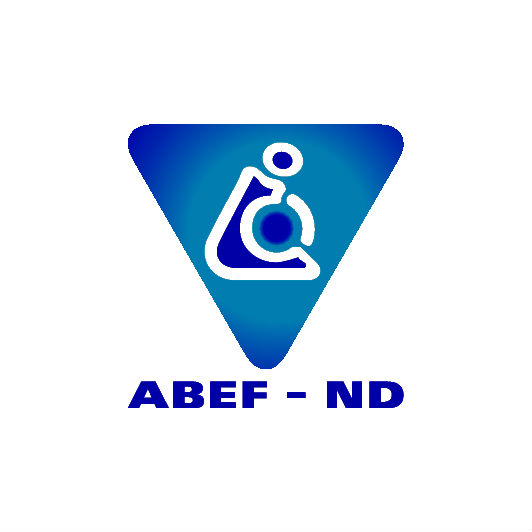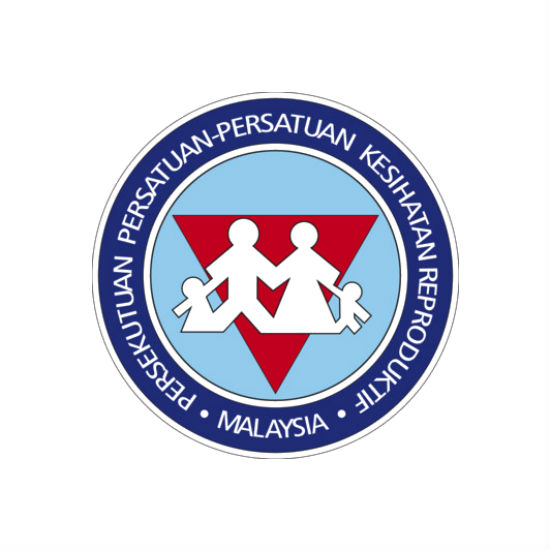

| 31 March 2016
Association pour le Bien-Etre Familial/Naissances Désirables
The Association de Bien-Etre Familial – Naissances Désirables (ABEF-ND) The Democratic Republic of Congo is vast: it is Africa’s second largest country and has nearly 68 million inhabitants. The sexual and reproductive health (SRH) challenges are correspondingly immense, with the country recording some of the poorest SRH statistics globally. The Association de Bien-Etre Familial – Naissances Désirables (ABEF-ND) was founded in 1977, and since then it has worked tirelessly to drive changes which will secure a better future for the country. ABEF-ND offers sexual and reproductive health (SRH) information, education and communication for young people. It offers HIV and AIDS prevention and management services, and community-based distribution of contraceptives. It also advocates strenuously around SRH issues with legislators and health professionals. As such, it’s central to shaping relevant national policies. It achieved this through static clinics, associated clinics and community-based distributors (CBDs) and community-based services (CBSs). ABEF-ND has a small number of staff who are backed by a large body of volunteers: together, they are determined to promote sexual and reproductive health and rights for all. ABEF-ND works in partnership with the Ministry of Health, and in the private sector with faith-based health facilities. Non-governmental organizations partners include Service Centrale d'Education à la Vie (SCEV), the Women’s Action Network (RAF), Radios for the Consolidation of Peace (RCP+), Amo Congo. Donors include Programme National de Lutte contre le Sida (PNLS), UNFPA, UNHCR and GTZ. It is a Member of the National Council of NGOs against AIDS.

| 31 March 2016
Federation of Reproductive Health Associations, Malaysia
The Federation of Reproductive Health Associations of Malaysia (FRHAM) is 1 of the 3 main implementing agencies involved in Malaysia’s national family planning programme. It delivers a broad range of services through a sophisticated and extensive network of 39 permanent clinics, 356 mobile facilities and 205 community-based distributors/community-based services (CBDs/CBSs). Services include sexual and reproductive health (SRH) consultation assistance and prescribing, contraceptive advice and fertility management, and the promotion of women’s independence through economic/work-based initiatives. FRHAM also undertakes work with specific, marginalized groups which face particular SRH challenges, as exemplified by a community-based project in the Malaysian aborigine village of Kampung Tisong, in the Perak district. Here poverty, malnutrition, illiteracy, isolation and under-provision were responsible for, and caused by, a whole range of SRH problems, which FRHAM counteracted through the provision of education, facilities and training. Contacts Website; http://www.frham.org.my/index.php Facebook: https://www.facebook.com/Friends-of-FRHAM-361982067245823 Twitter: https://twitter.com/FRHAM







